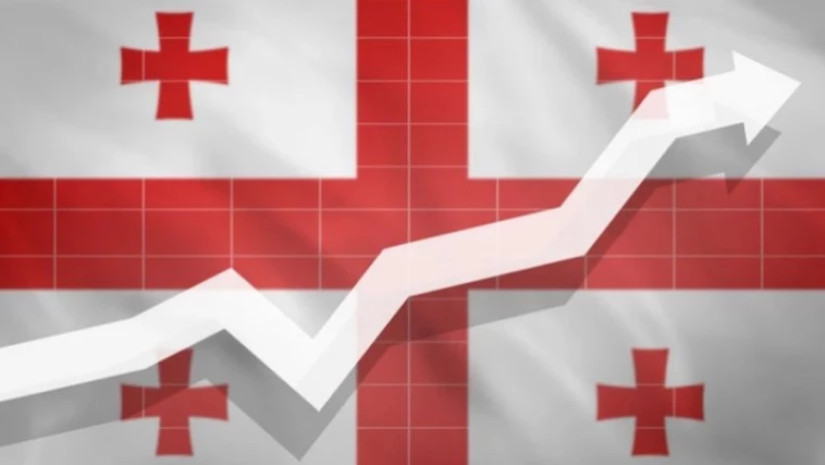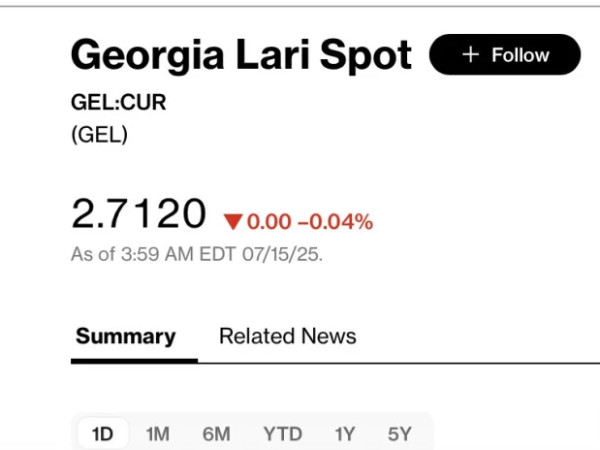Economic growth slowed down. Following double-digit growth in 2021 and 2022, Georgia's economy continues on an upward trajectory this year, albeit at a slower pace than the previous two years.
The following factors contribute to growth slowing down: − The diminishing of some one-off factors connected to Russia. Money transfers from Russia began to decrease starting from April 2023, and the growth of trade with Russia has significantly declined in the first 9M of 2023. − Weaker performance was observed in specific sectors during the first half of 2023. Several major sectors experienced a decline annually, while certain sectors exhibited slower growth rates than the first 6M of 2022. − Demand for Georgia’s top exported goods decreased. Global demand for copper ores and ferro-alloys has lowered, negatively affecting Georgian exports.
The following factors present positive developments:
− Declining rate of inflation. Both headline and core inflation decelerated considerably in the first 9M of 2023. − Further recovery in tourism. In the first 9M of 2023, both the number of tourists and the income from international travel increased significantly.
− Strong flows of FDI. Georgia experienced a record high of foreign direct investment (FDI) in the first 6M of 2023 compared to the first 6M of any previous year.
Georgia's economy has experienced a notable slowdown in growth in the first 9M of 2023, marking the end of its doubledigit growth trajectory. However, despite the deceleration, the economy still maintains substantial growth numbers – the average growth in the first 9M of 2023 amounted to 6.8%.
The growth rate was higher in the initial months of 2023 and has gradually decreased over the course of the first 9M of the year. The highest y/y growth rate was recorded in January (8.4%), followed by the lowest in July (5.5%).
In the first half of 2023, a number of sectors reported considerable y/y growth. Information and communication has shown strong growth in 6M of 2023, compared to 6M of 2022 (+31.3%), marking the second consecutive year of high growth in the ICT sector in Georgia, in line with the sector boom in the country.
Administrative and support service activities demonstrated the strongest y/y growth compared to the 6M of 2022 (+37.5%), highlighting the recovery of the tourism sector with other tourism-related sectors.
The Ministry of Finance of Georgia (MoF) has updated its estimates of key macroeconomic indicators with higher real GDP growth rate, lower inflation, and lower import growth. Notably, the MoF increased the forecasts for real GDP growth to 6.5% (+0.9pp) while the forecast for average inflation reduced from 2.8% to 2.6%, and the forecasts for import growth declined (-3.2pp), causing the forecast for CA deficit to decrease (-1.9pp).
It should be noted that there have been no substantial changes in the estimates of the budget deficit or government debt.
Georgian economists assess the economic climate to be more favorable than that of the pre-pandemic period. In Q3 of 2023, compared to the pre-pandemic period (Q4 of 2019), the Georgian Economic Climate Index (Q4 of 2019=100) increased by 25.1 points. Additionally, during this period, the assessment of the present economic situation (+18.7) and expectations (+34.8) improved compared to the prepandemic levels.


















